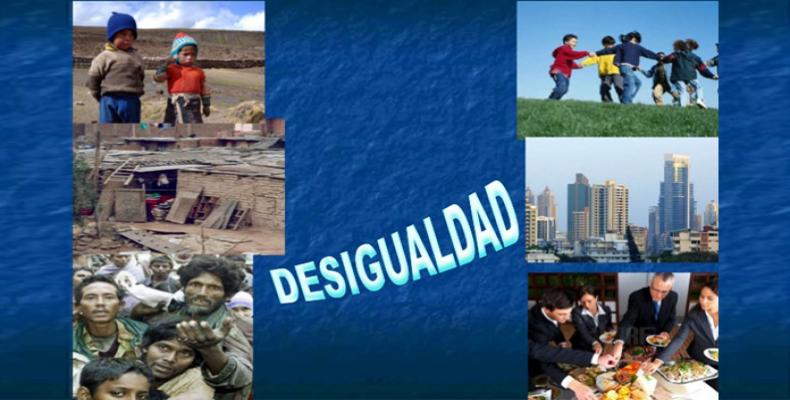Mexico City has gathered experts attending the so called World Summit of Leaders against Cancer, a gathering where politicians, researchers and medical experts examined that disease charged with taking the lives annually of almost nine million human beings throughout the world.
Despite world wide efforts by experts in recent times, this disease, which accompanies humankind since its very beginning, is far from being under control, although modern treatments have bolstered hopes that it could be wiped out and drugs have been produced that help prolong the life of cancer patients.
True enough, scientists throughout the world do their best, but this meeting, the first one held on Latin American soil, discussed factors that go well beyond the fields of science, technology and research.
A major point was scored by Uruguayan President Tabare Vazquez, who is also a prestigious cancer expert and knows the field very well.
The Uruguayan Head of State used a concept that touches one of the Achilles Heels of the problem, when he said that what he described as oncologically deprived nations, which comprise the Latin American and Third World nations, with very scant exceptions, must struggle to close the gap that separates what he described as the oncologically deprived under developed nations, which comprise all Latin American and Third World nations, from the rest of our Planet.
Nothing shows more clearly the the huge gap between nations and peoples as the inequalities y the possibilities of effective medical treatment against cancer, a cruel disease which has fatal consequences for its victims.
In highly developed nations, nine out of every ten cancer patients may benefit from the latest medical discoveries and treatments, but in poor countries only a third of the victims has that possibility, while the rest are condemned to a cruel death.
Worst still, inefficiencies and inequalities imposed by the huge gap in income between patients determine the failures in the early detection of cancer, a problem that has fatal consequences.
The United Nations World Health Organization has called on Governments, especially in industrial nations, to promote the formation of professional teams, such as cancer specialists, X ray technicians and other specialists.
Many countries claim that they lack resources for the formation of anti Cancer teams, but such is a bare excuse.
Cuba has shown that a country that lacks resources many create highly specialized medical teams, including the anti cancer field, and score notable achievements in the struggle against that and many other diseases.
Cuba has even developed very successful therapeutical vaccines against different types of cancer that are being succesfully applied in other countries, including highly advanced nations.
Much more could be done by Cuba if it were not for the criminal US blockade that it suffers in many fields, which prevents the purchase of inputs and equipment in the United States.
In any case, the Cuban nation continues deploying all efforts to protect its population from cancer and all other diseases, under the premise that no one should be deprived from receiving timely medical attention of the best kind.
That should be an example to be followed by the United States and many other nations in the world.


